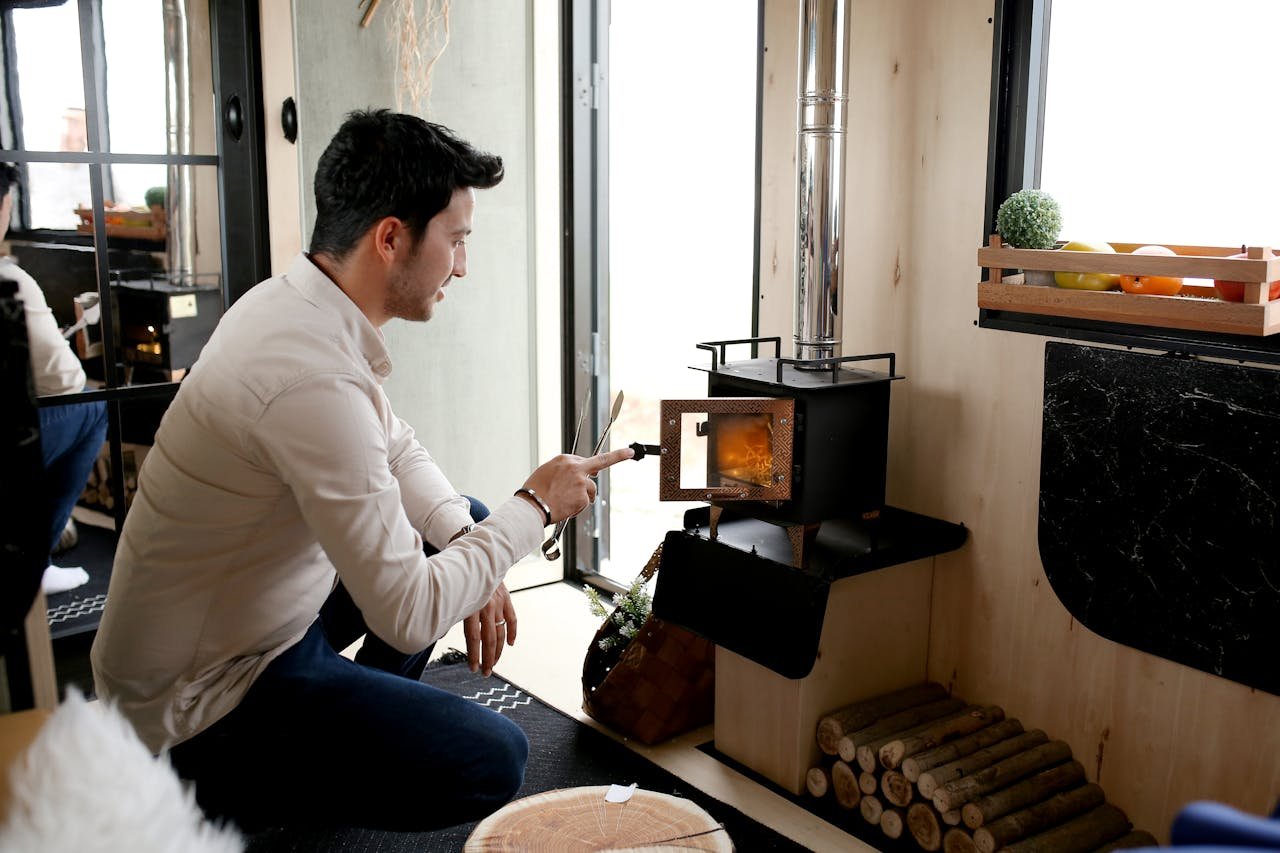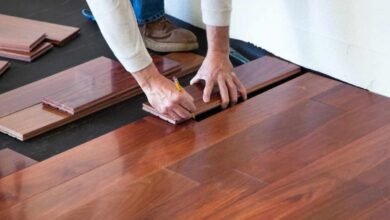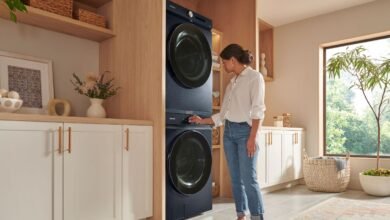How old is your HVAC system? If you’re not sure, you’re not alone. Most people only notice it when it fails on the hottest or coldest day of the year. These systems don’t last forever, but their lifespan isn’t just luck. It depends on habits, care, and environment. With extreme weather and heavier use today, understanding these factors is about more than avoiding repairs; it’s about adapting to new realities.
HVAC units typically last 10 to 20 years, and in this blog, we will share the key factors that determine lifespan, what you can control, and how to keep your system running efficiently for longer.
In this article
The Role of Professional Installation
One of the most overlooked factors in HVAC lifespan is how the system was installed. A poorly installed system will struggle from day one. Incorrect sizing, bad ductwork, or sloppy setup force the unit to work harder than necessary. Over time, that strain shortens its life.
This is where expertise matters. Homeowners sometimes shop only for price when replacing or upgrading a system, but cutting corners at installation can cost far more later. For example, an oversized unit may heat or cool too quickly, cycling on and off constantly, which wears down components. An undersized unit does the opposite; it runs nonstop, straining every part. Neither scenario ends well.
This is why choosing the best heating contractor makes such a difference. A skilled contractor doesn’t just drop a unit in place. They calculate the right size for your home, adjust ductwork if needed, and ensure everything is balanced for efficiency. That level of care doesn’t just improve comfort. It extends the system’s life by reducing unnecessary stress. In regions with tough winters or hot summers, the difference between a rushed job and a professional one can mean years of extra service.
Regular inspections are also part of professional support. Contractors who know your system can catch small issues before they spiral into big problems. A loose connection, dirty coil, or clogged filter may seem minor, but left unchecked, they can quickly shorten the lifespan. Paying for expertise up front pays back in years of reliability later.
How Maintenance Dictates Longevity
Even the best system needs care. Think of HVAC like a car. You wouldn’t drive for 100,000 miles without an oil change. The same logic applies here. Regular maintenance cleaning coils, replacing filters, and checking refrigerant levels, keeps the system efficient and reduces wear.
Neglect is the fastest path to early failure. A dirty filter forces the system to work harder, stressing motors and fans. Ignoring refrigerant leaks can damage the compressor, one of the most expensive parts to replace. Skipping yearly tune-ups means problems fester quietly until something breaks. By the time homeowners notice, the damage is already done.
Seasonal maintenance is especially important in areas with extreme weather. Systems preparing for long winters or brutal summers need to be at peak performance. Investing in annual service visits may feel like an extra cost, but they prevent expensive repairs and push the system closer to that 20-year mark.
The Impact of Usage and Climate
Where you live plays a huge role in HVAC lifespan. A system in a mild climate that runs occasionally will last longer than one in a place with scorching summers or freezing winters. Constant use accelerates wear. Add in humidity, salt air near coasts, or dust-heavy environments, and the challenges multiply.
Homeowners can’t control the climate, but they can manage usage. Smart thermostats help balance comfort and efficiency, preventing systems from running unnecessarily. Sealing and insulating the home reduces workload, too. The less the system has to fight against drafts or leaks, the longer it will last.
The Importance of Quality Parts and Equipment
Not all HVAC systems are created equal. Cheaper units may save money up front, but often wear out faster. Higher-quality systems with durable components resist breakdowns longer. That doesn’t mean you need the most expensive option on the market, but investing in a trusted brand and professional-grade parts pays off over time.
The same principle applies to repairs. Using off-brand or low-quality replacement parts may save in the short term, but can cause more failures later. Sticking with high-quality components keeps the system stable and reliable.
Changing Technology and Homeowner Responsibility
HVAC systems today are smarter than ever. Many come with sensors that track performance, alerting you when maintenance is due or when parts are struggling. Ignoring those alerts is like ignoring the check-engine light in your car. Homeowners who respond quickly keep their systems healthier longer.
Sustainability trends also matter. As governments push for greener standards, incentives for upgrading systems have expanded. Replacing old, inefficient units with new ones not only lowers bills but also ensures compliance with changing codes. Waiting too long on upgrades can mean paying more for emergency replacements later, often with fewer incentives.
Habits That Add or Subtract Years
Every day choices influence HVAC lifespan, too. Small habits make a big difference. Changing filters every one to three months prevents strain. Keeping outdoor units clear of leaves, grass, and debris avoids airflow blockages. Using ceiling fans reduces the system’s workload by circulating air more effectively.
Bad habits, on the other hand, add unnecessary stress. Constantly cranking thermostats up or down forces the system to work harder. Blocking vents with furniture or rugs reduces efficiency. Ignoring strange noises or smells delays repairs until the damage is worse.
Why Longevity Matters Now More Than Ever
In today’s economy, replacing an HVAC system is a significant expense. With inflation raising costs and supply chain delays making equipment harder to find, stretching the life of existing systems is more valuable than ever. A well-cared-for system can save homeowners thousands, not only in avoided repairs but also in deferred replacement costs.
At the same time, households are more dependent on HVAC than ever before. Remote work, online learning, and lifestyle shifts mean people spend more time indoors. Comfort isn’t just a luxury. It affects productivity, health, and quality of life. A reliable system is central to that.
The factors that shape HVAC lifespan are no mystery. They’re a mix of professional expertise, homeowner responsibility, and environmental realities. By making smarter choices, installing correctly, maintaining regularly, and adapting to the climate, you can add years to your system’s life. And when the time eventually comes to replace it, those extra years give you the breathing room to plan and budget wisely.
Longevity doesn’t happen by accident. It’s the result of attention, investment, and respect for the system that keeps your home livable. Treat your HVAC like the essential partner it is, and it will reward you with comfort and reliability long past the average.











